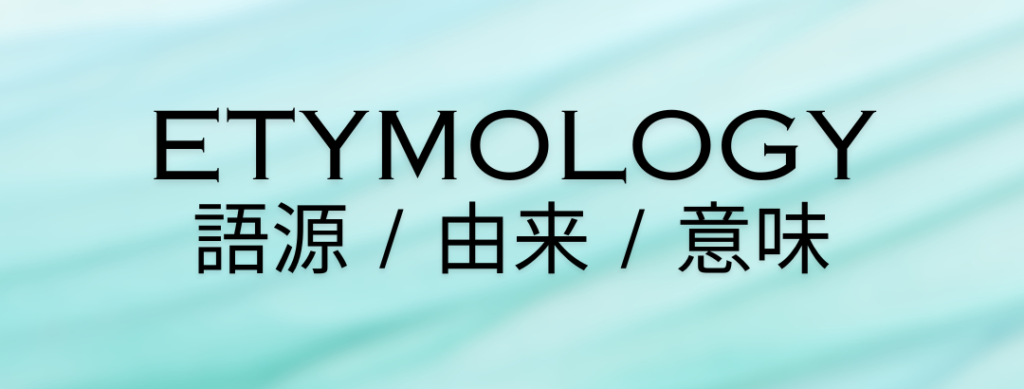
unique
日本語の意味
[形容詞] 他とは異なり、一つしか存在しない、独自の
語源
“unique” はラテン語の “unicus” から派生しました。これは「唯一である」という意味を持ち、特別で他に類を見ないことを強調します
発音記号
アメリカ英語:/juˈniːk/ または /juːˈniːk/
イギリス英語:/juːˈniːk/
言語の変遷
“Unique” の語源は古典ラテン語にさかのぼります。元々は「唯一である」という意味で使われ、英語に導入された際も同じ意味を持ちました。この言葉は特別で他に類を見ないことを表現し、そのまま現代英語に受け継がれています。
例文
Her collection of antique dolls is truly unique; you won’t find anything like it anywhere else.
(彼女のアンティークの人形コレクションは本当に唯一無二で、どこにも同じものはありません。)
The artist’s style is so unique that it’s instantly recognizable in any of their works.
(そのアーティストのスタイルは非常に独自で、彼らの作品のどれでもすぐに識別できます。)
This restaurant offers a unique dining experience with its fusion of flavors from different cuisines.
(このレストランは、異なる料理からの味の融合による独特の食事体験を提供しています。)
The ancient temple is a unique architectural masterpiece, showcasing intricate carvings and a design unlike any other in the region.
(その古代の寺院はユニークな建築の傑作で、精巧な彫刻とその地域の他に類を見ないデザインを披露しています。)
The artist’s work is truly unique, combining traditional painting techniques with modern abstract elements to create something entirely original.
(そのアーティストの作品は本当にユニークで、伝統的な絵画技法と現代の抽象的な要素を組み合わせて、まったくオリジナルのものを作り出しています。)
Her fashion sense is truly unique, and she always stands out with her distinctive style.
(彼女のファッションセンスは本当にユニークで、彼女は常に独自のスタイルで目立っています。)
関連語
special – 語源 / 由来 / 意味
extraordinary – 語源 / 由来 / 意味
exceptional – 語源 / 由来 / 意味
最新の投稿
- ビス(ネジ)ってどの程度の力で締めたらいいの!?
- 鍵の現地調査って何を調べているの!?
- 鍵に関する用語を集めました
- おうちの鍵の簡単メンテナンス方法
- extraordinary – 語源 / 由来 / 意味
- exceptional – 語源 / 由来 / 意味
- unique – 語源 / 由来 / 意味
- sparkling – 語源 / 由来 / 意味
- spectacle – 語源 / 由来 / 意味
- responsible – 語源 / 由来 / 意味
- inevitable – 語源 / 由来 / 意味
- sociable – 語源 / 由来 / 意味
- comfortable – 語源 / 由来 / 意味
- admirable – 語源 / 由来 / 意味
- respectable – 語源 / 由来 / 意味
- predictable – 語源 / 由来 / 意味
- adaptable – 語源 / 由来 / 意味
- corroboration – 語源 / 由来 / 意味
- corrode – 語源 / 由来 / 意味
- correlation – 語源 / 由来 / 意味

